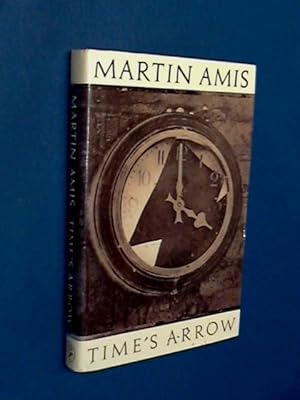
The article argues that the text's aesthetics are closer to those of graphic novels than of realist narratives and that, accordingly, we can understand its cultural impact only by approaching it as a highly artificial linguistic performance with present-day appeal and contemporary relevance, and not merely by measuring the degree to which it gives a full and accurate mimesis of past events. This article analyzes the novel's quirky, comic style and its generic mixture of science fiction and testimony, showing how Vonnegut consistently used ingenuous understatement as a way of imaginatively engaging his readers with the horrors of war. Kurt Vonnegut's novel Slaughterhouse-Five (1969) was a popular and critical success when it first appeared, and has had a notable impact on popular perceptions of “the bombing of Dresden,” although it has been criticized by historians because of its inaccuracy. Moreover, I went in depth of the theoretical aspect of both the novels and emphasized on literary techniques that have been employed to manifest how these novels are extremely adequate to portray ‘’historiographical metafiction’’. I tried to analyze both the novels with utter importance from the historiographical point of view so as to propel them into metafictional elements and make sure how they could be brought into public perspective. In this work, I chose two completely different novels as far as their historical background is concerned, however, gender discrimination at the social hierarchy and classism have always been existing, both during peace and crisis, as I intricate and compare the flow of both the novels.

It virtually uncovers the various facets of a historical era as it not only confines itself within the dry historical facts, rather it rejuvenates the monumental events that took place and how they eventually affected the memoir of the personal belief and emotion of the people. In reality, the metafiction illustrates the way of reconstructing and rewriting the historical incidents. However, the past could not be proclaimed only by means of a simple narrative. This evaluates the methodological and epistemological aspects during the course of history or historical manifestations of a specific era.


Historiography is the study of history as a discipline.


 0 kommentar(er)
0 kommentar(er)
